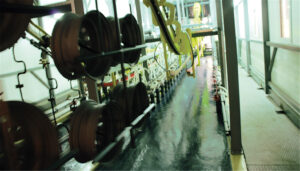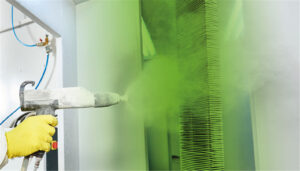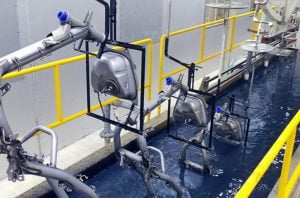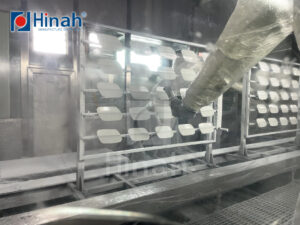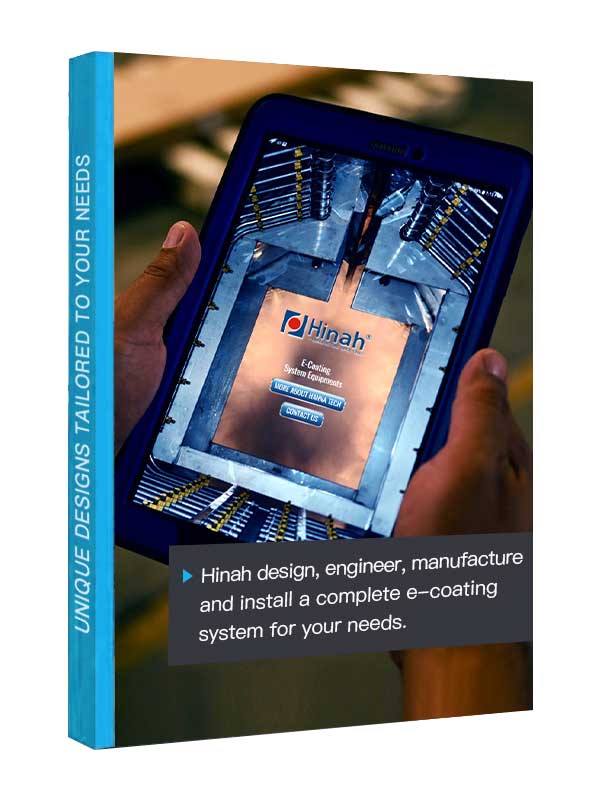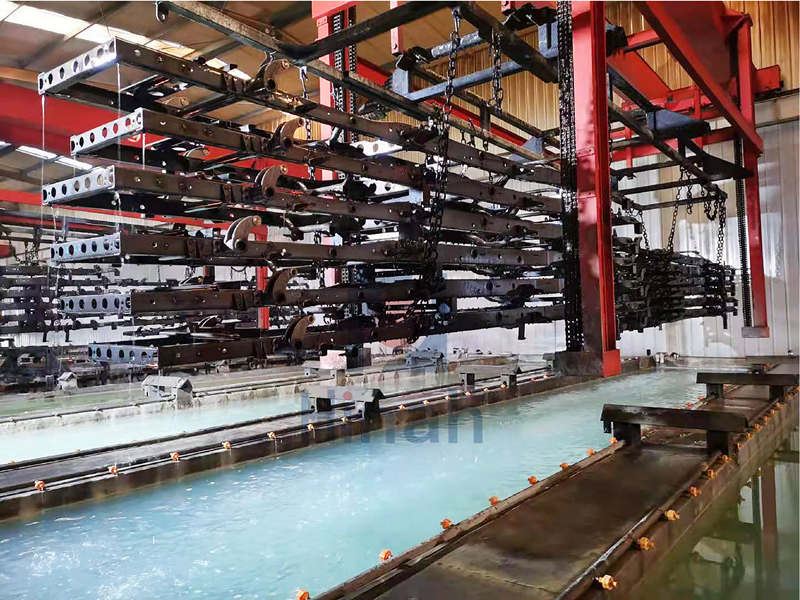E-coating line is a key process in the automotive, electronics and other manufacturing industries, but its high energy consumption is becoming an “invisible burden” on corporate costs and environmental compliance. According to statistics, the annual power consumption of a single electrophoretic coating line can reach 8 million to 12 million kWh, of which 40% of the energy loss is due to inefficient equipment operation and process parameter deviations. With the rise in global industrial electricity prices and the tightening of “carbon neutrality” policies, optimizing the energy efficiency of e-coating lines has changed from an “optional option” to a “survival necessity.”
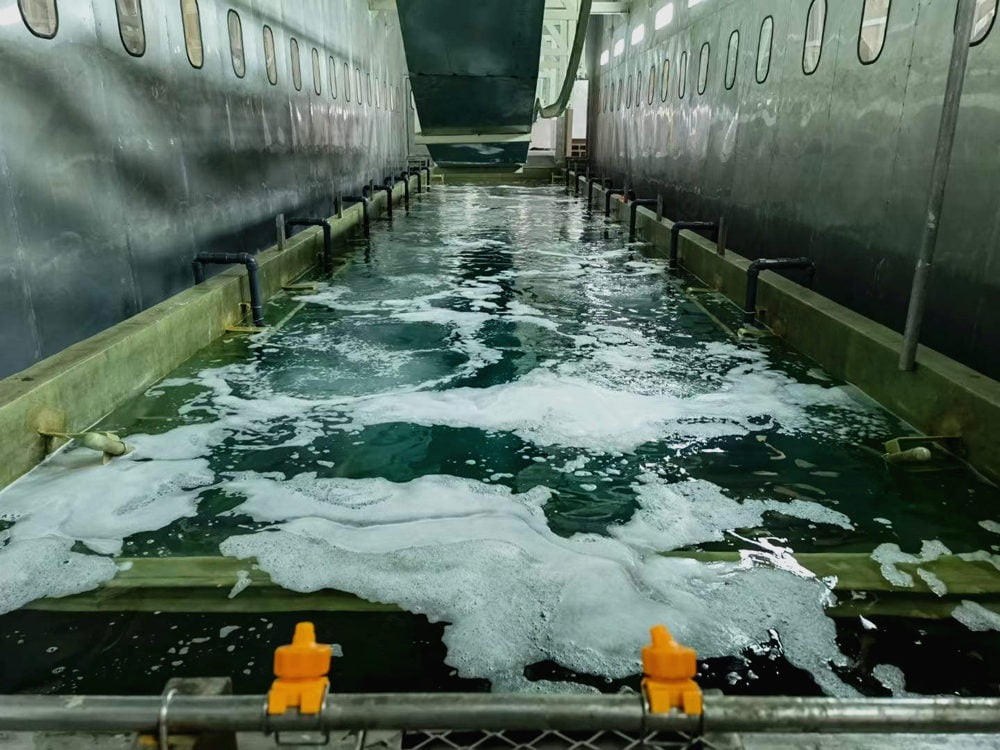
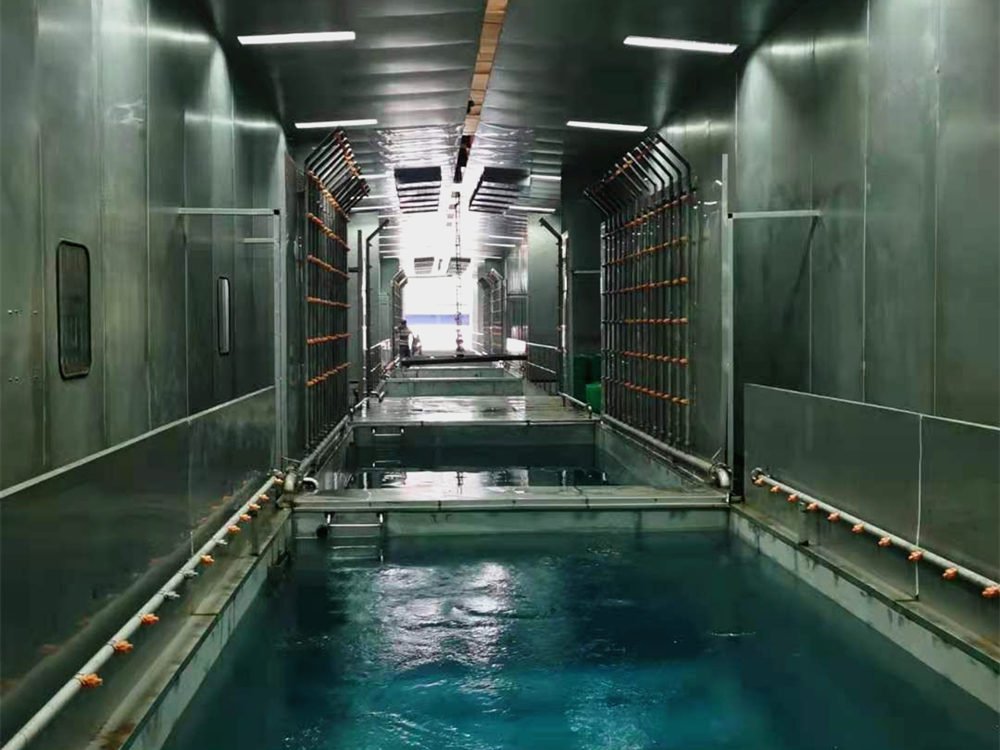
Method 1: Optimized E-Coating Line Design
An optimized electrocoating line design is crucial for reducing energy costs while maintaining high production efficiency.
- Enhanced Insulation and Sealing
Proper insulation of key components in the e-coating line, such as curing ovens and drying chambers, prevents heat loss. Upgrading to high-performance insulation materials and sealing leaks in the system can significantly improve energy retention. This reduces the need for excessive heating and lowers overall energy consumption in the E-coating line.
- Energy-Efficient Ventilation Systems
An optimized ventilation system is essential for controlling air circulation and temperature stability in an E-coating line. Installing variable frequency drives (VFDs) in exhaust fans helps adjust airflow based on production demands, improving energy efficiency without compromising air quality.
- Heat Recovery Systems
Integrating heat recovery systems allows it to capture and reuse excess heat from ovens or exhaust systems. This reclaimed energy can be redirected to preheat incoming materials or improve environmental control, further reducing power usage.
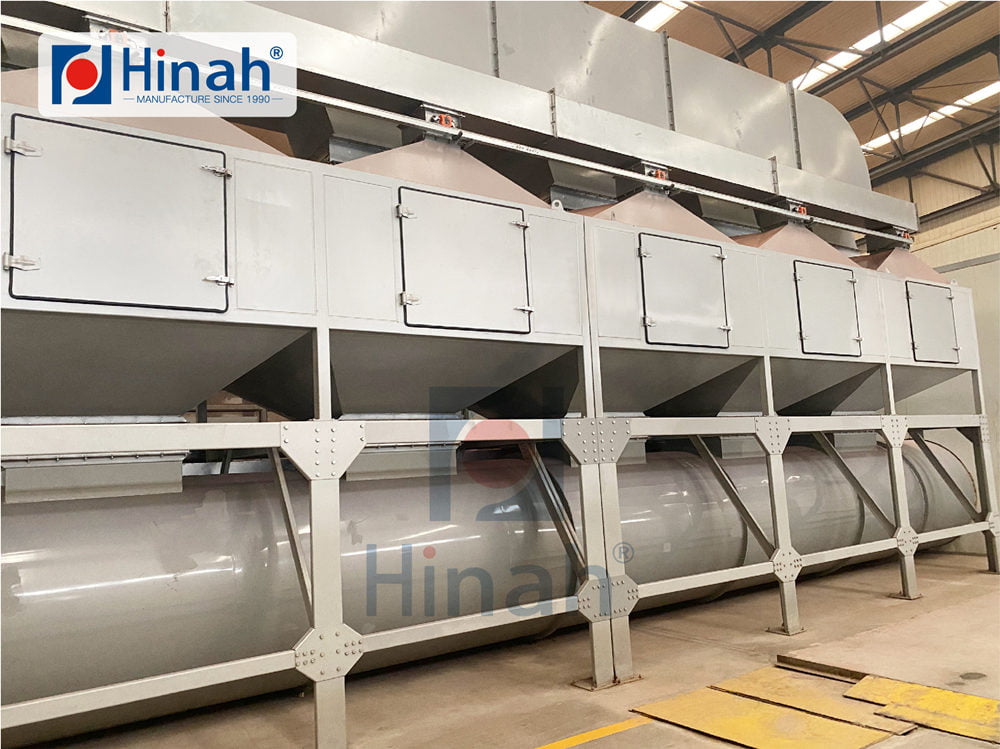
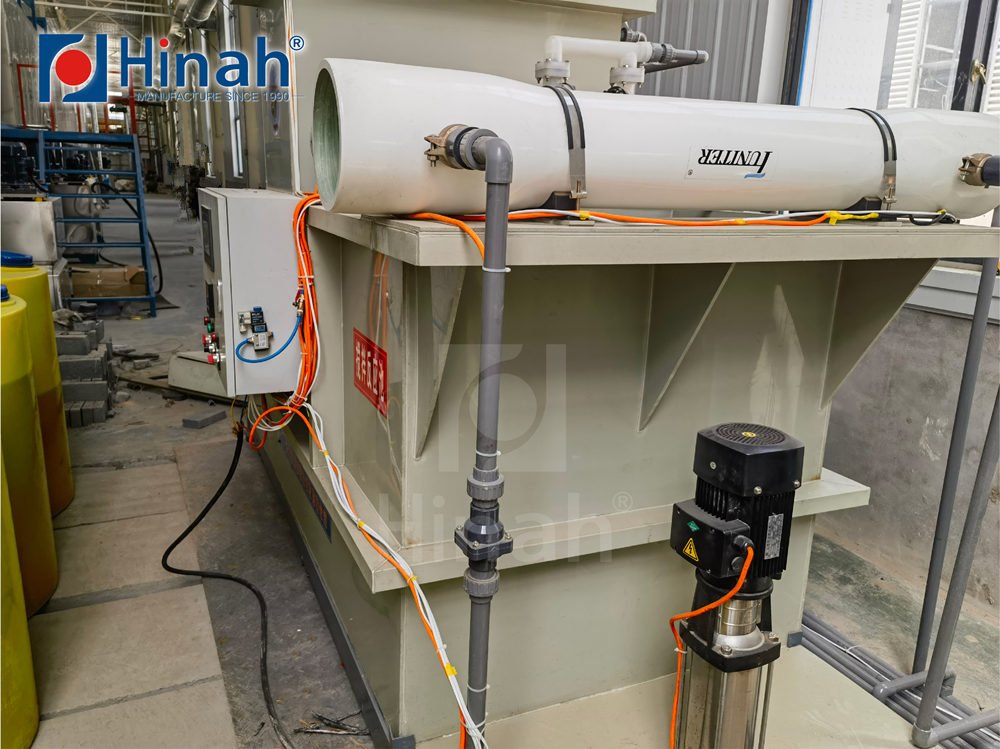
Method 2: Equipment Upgrades in E-Coating Line
Several advanced systems and components can significantly improve the E-coating process:
- Curing Ovens: Consider using infrared ovens for line-of-sight applications. These ovens provide fast and efficient heat distribution, improving curing times while lowering energy consumption.
- Circulating System: Installing a circulating system helps keep the E-coat paint well-mixed, preventing paint particles from settling out. This ensures consistent coating quality and reduces material waste.
- Tank Filtration: Implementing effective filtration systems removes contaminants that could compromise the E-coat paint. This improves coating performance and extends the lifespan of the bath solution.
- Ultrafiltration System: Adding an ultrafiltration system helps maintain stable E-coat bath conditions by controlling operational parameters such as pH levels and conductivity. This minimizes defects and improves overall coating quality.
- E-Coat Tank: Some E-coat tanks use a large external cam mechanism that moves pallets of parts during the E-coat process. This system improves coating uniformity, ensuring all parts are evenly coated for optimal results.
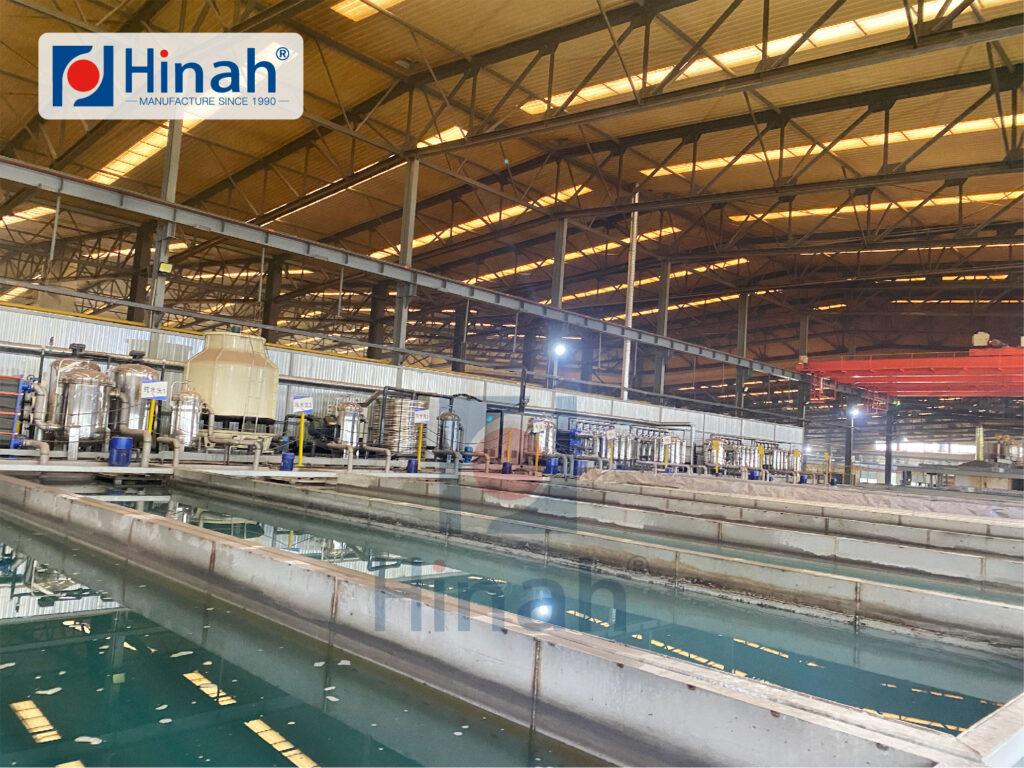
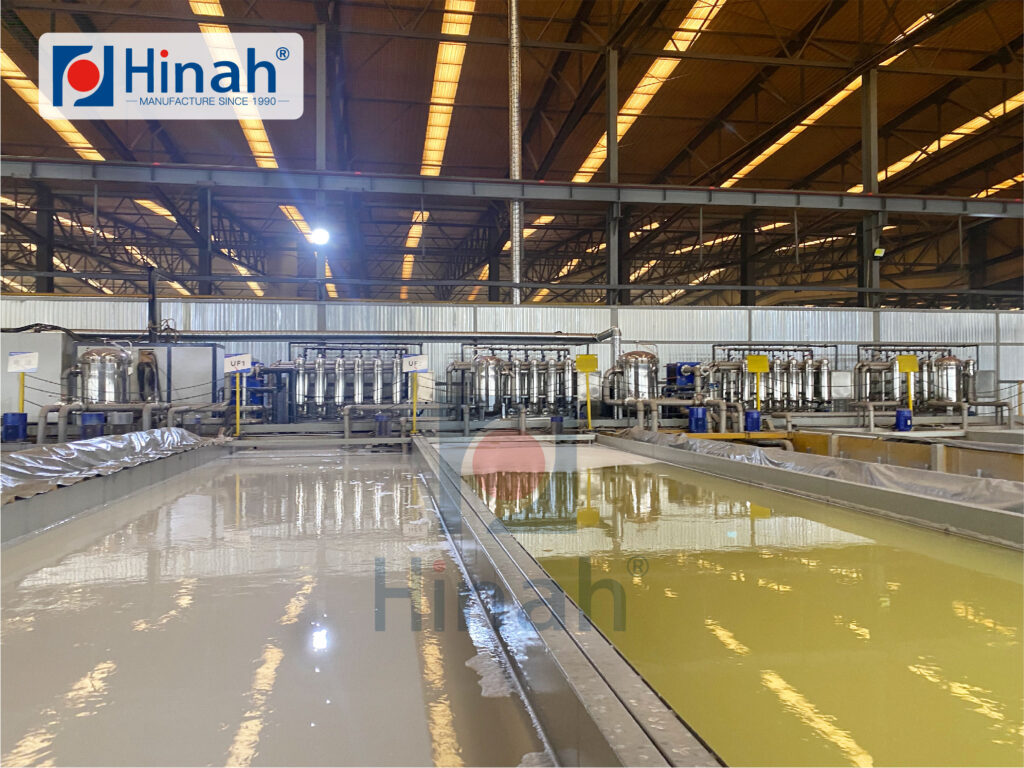
Method 3: Smart Automation in E-Coating Line
Integrating smart automation solutions in the electrocoating line can greatly enhance process control, reduce energy waste, and improve production efficiency. Automated systems equipped with sensors and intelligent control units can monitor key parameters such as temperature, voltage, and chemical concentrations in real-time. By precisely adjusting these factors, smart automation ensures optimal operating conditions throughout the electrocoating line. Additionally, automated material handling systems streamline the movement of parts, reducing idle time and improving throughput.
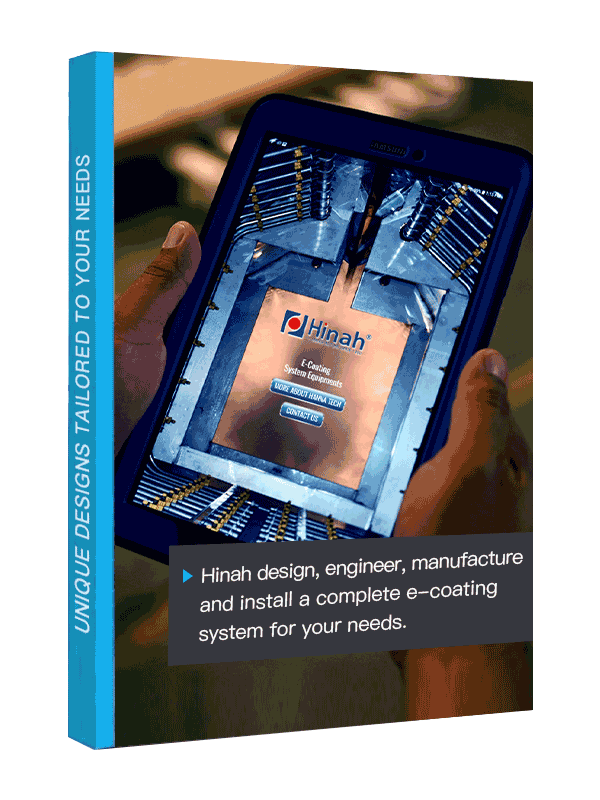
Let's Have A Chat
Get An E-coating Line Planning !
Match Your Products, Get The Solution & Price..
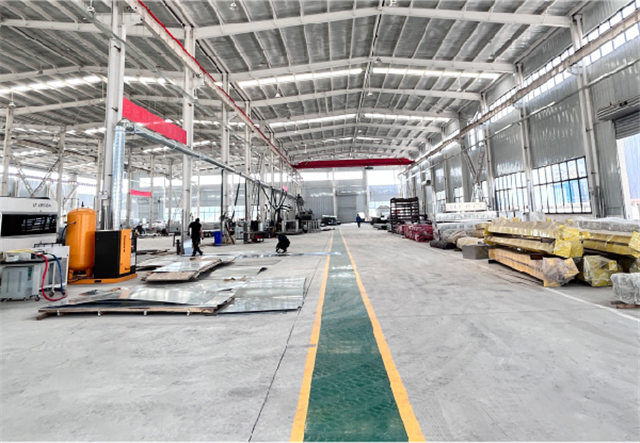
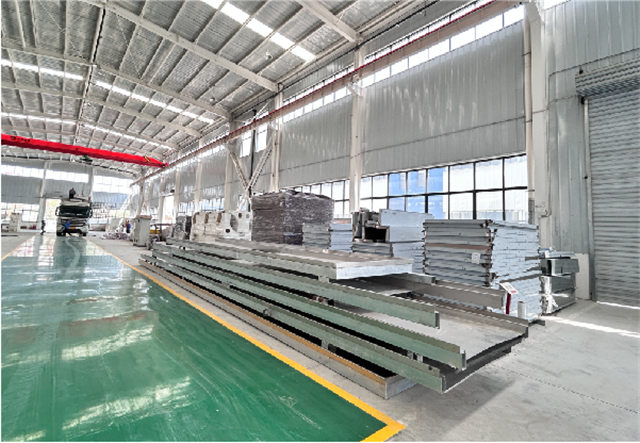
Conclusion
Reducing energy costs in an e-coating line requires a strategic approach that combines optimized design, equipment upgrades, and smart automation. By investing in efficient curing ovens, advanced filtration systems, and intelligent automation, operators can achieve substantial energy savings while maintaining high coating quality. These improvements not only lower operational expenses but also contribute to a more sustainable and environmentally friendly e-coating process.

